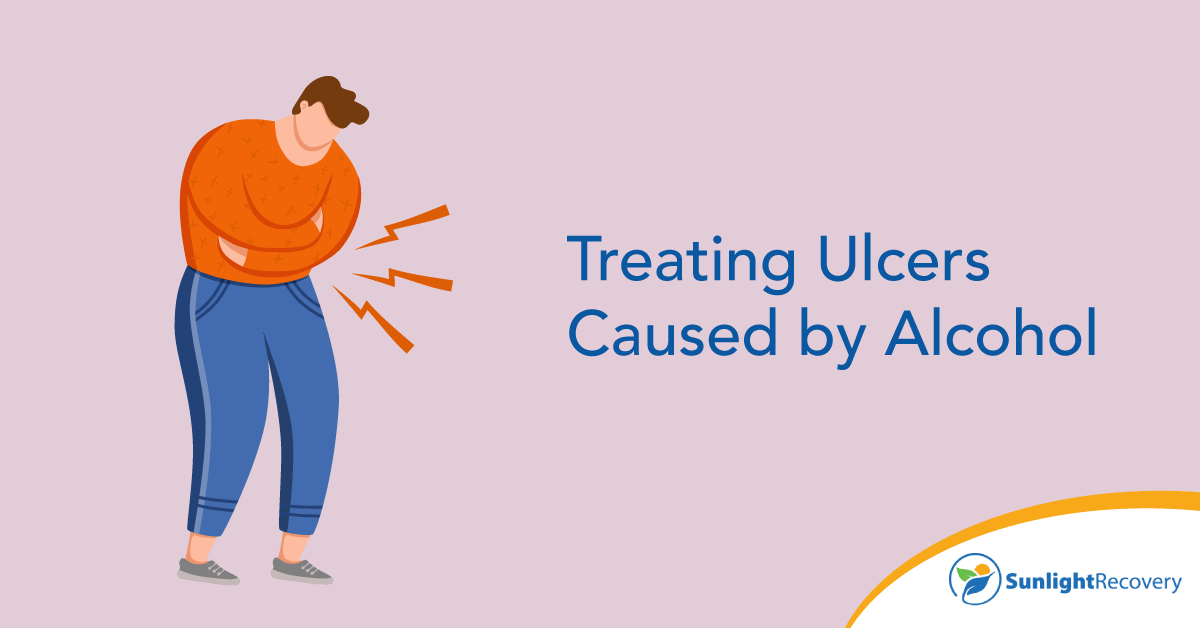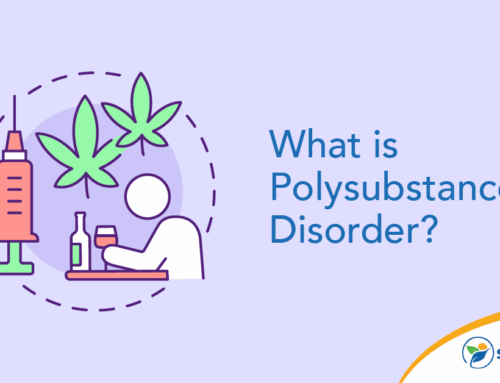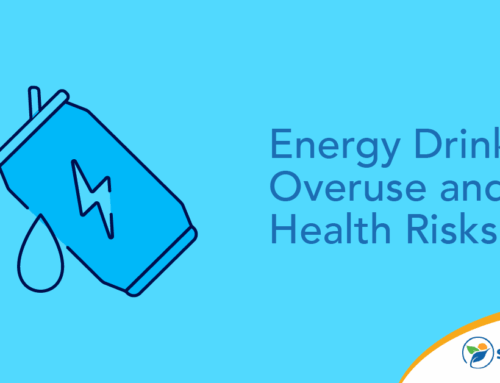The stomach has a very thin lining called the mucosa, which provides protection and damage from enzymes, acids and microorganisms that pass through when you eat food. Stress, poor diet and infections from the Helicobacter pylori bacteria can cause breaks in this lining, leading to inflammation and stomach ulcers. Another leading problem of stomach inflammation includes ulcers caused by alcohol. While one to two drinks a day may be considered moderate alcohol consumption, a person can get ulcers from drinking alcohol excessively or from having more than four or five drinks daily.
For individuals struggling with alcohol addiction, treating these painful sores may be challenging. Not only must they address the physical damage caused by excessive alcohol use, but they also must treat the addiction to prevent the ulcers from recurring. This blog covers the available treatment options and the importance of addressing alcohol addiction. It also outlines the long-term care and prevention strategies for those with ulcers caused by alcohol use.
Treatment Options and Lifestyle Changes for Alcohol-Induced Ulcers
Very mild cases of stomach ulcers may heal without treatment if the condition that caused the ulcer is eliminated. For most people, healing alcohol-induced ulcers requires a combination of medicine and lifestyle changes.
Medications
The best way to treat a stomach ulcer is with prescription medications. A physician may prescribe one or more types to heal and protect the stomach lining. These medications may include:
- Proton pump inhibitors. PPIs reduce the amount of acid produced by glands in the stomach. Common medications include omeprazole and pantoprazole. Some may be purchased over the counter, while others are available only by prescription.
- Antacids. Antacids can neutralize the amount of acid in the stomach. They come in chewable tablets or liquids and help relieve mild cases of heartburn and indigestion. Antacids are available without a prescription and may also be used to treat mild forms of GERD and gastritis.
- Cytoprotective agents. Cytoprotective agents, such as misoprostol and sucralfate, stimulate mucus production and enhance blood flow in the stomach lining. This provides a protective layer over an existing ulcer, allowing it to heal while preventing additional damage to the tissue.
- Antibiotics. Common antibiotics used to treat stomach ulcers include amoxicillin, metronidazole and clarithromycin. These medications are most often prescribed for ulcers caused by an H. pylori infection.
- H2-receptor antagonists. Also referred to as H2-blockers, H2-receptor antagonists reduce the amount of acid in the stomach. Common medications include famotidine, nizatidine and ranitidine.
Lifestyle Changes
In most cases, treatment for ulcers caused by alcohol requires lifestyle changes in addition to medication. A physician can provide recommendations, which may include:
- Stop drinking. Since alcohol can cause ulcers, the most important step in treating alcohol-induced ulcers is to avoid alcohol. Continuing to drink could make the condition worse and cause further damage to the stomach lining.
- Change the diet. Until the ulcer heals, it’s best to avoid spicy food, caffeine and foods high in acid content that can irritate the stomach lining. A balanced, high-fiber diet is a good choice.
- Manage stress. Stress can increase the amount of acid within the body and stomach, which can make an ulcer worse. Practicing stress-reducing activities, such as meditation and deep breathing, can help reduce stress.
Importance of Addressing Alcohol Dependency in Treatment
Not only does drinking cause ulcers, but continuing to drink after being diagnosed with a stomach ulcer can make the problem worse. Alcohol use increases the chance of developing bleeding ulcers, which can be a life-threatening condition, but it also can cause other stomach problems, such as nausea and vomiting, gastritis, liver disease and malnutrition. When treating ulcers caused by alcohol addiction, it’s important to address the dependency on alcohol. Treatment for alcohol addiction is best handled in a medical facility under the supervision of trained professionals. Alcohol treatment may include:
- Detoxification. Those who are dependent on alcohol may require detoxification in an inpatient or outpatient facility. The process starts by withholding all types of alcohol from the individual. Withdrawal symptoms may vary depending on the level of addiction but can last several weeks or longer.
- Behavioral treatment. Behavioral treatment ranges from counseling sessions to cognitive behavioral therapy. This treatment helps uncover the root causes of addiction and teaches the individual healthier ways to cope with stress.
- Medication-assisted treatment. Several medications may be used to help an individual deal with alcohol withdrawal during the treatment process and may help an individual fight cravings after detox. These include acamprosate, disulfiram and naltrexone. A physician can determine whether MAT is the best option.
- Support groups. Support groups, such as Alcoholics Anonymous, may help those in recovery receive the support needed to avoid relapse. Inpatient and outpatient treatment may involve attending group meetings. Support groups are typically used in conjunction with other treatment methods.
Long-Term Care and Prevention Strategies for Ulcers Caused by Alcohol
With a combination of treatment methods, most ulcers can heal completely, but ulcers may recur unless lifestyle changes are made.
- Avoid alcohol. The most important step in preventing ulcers caused by alcohol is to avoid drinking. Continuing to drink increases the risk of developing new ulcers and can contribute to additional health problems, such as high blood pressure.
- Schedule regular checkups. Scheduling regular appointments with a doctor allows recovery monitoring. Notifying the physician of any flare-ups lets them provide immediate treatment.
- Maintain a healthy diet. A healthy gut diet rich in fruits, vegetables, whole grains and lean meat helps keep the digestive system healthy, helping it off recurring ulcers and other stomach upsets.
- Follow the doctor’s instructions. The doctor may prescribe medications as a preventive measure to keep stomach acid in check and prevent ulcers from developing. It’s important to take these medications as prescribed and not stop taking the medication without the physician’s approval.
Get Help With Alcohol Addiction
If you or someone you love struggles with alcohol addiction and ulcers caused by alcohol use, contact Sunlight Recovery to learn more about your treatment options. Our caring counselors can help you choose the best road to recovery.







